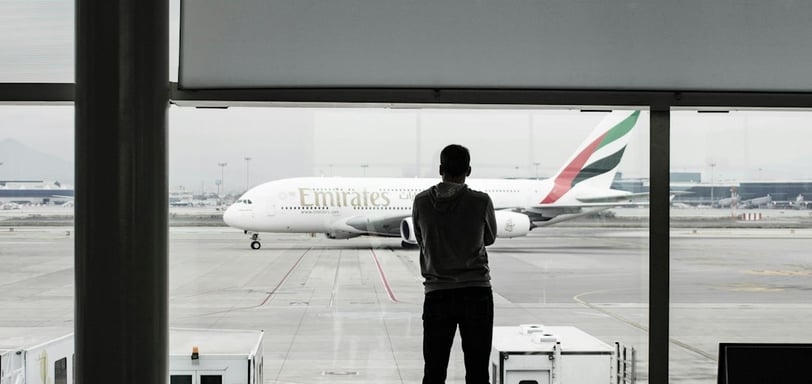What are the Eligibility Requirements to Become a Pilot in India


Pursuing a career as a pilot in India requires meeting specific eligibility criteria in education, age, medical fitness, and more. Here’s a comprehensive look at the requirements aspiring pilots must fulfil.
1. Educational Qualifications
To be eligible for pilot training, you must have completed your 10+2 (or equivalent) with Physics and Mathematics as compulsory subjects.
A minimum of 33% marks is typically required in both subjects, though some airlines previously required 60%.
If you haven’t taken Physics and Mathematics in Class 12, you can complete these subjects later through a recognized open school, such as the National Institute of Open Schooling (NIOS), to meet the eligibility criteria.
[Here’s everything you need to know about the NIOS exam]
2. Minimum Age Requirement for Licenses
The minimum age for applying varies depending on the type of pilot license:
Student Pilot License (SPL): Minimum age is 16 years.
Private Pilot License (PPL): Minimum age is 17 years.
Commercial Pilot License (CPL): Minimum age is 18 years.
Note: Obtaining a Private Pilot License (PPL) is not mandatory if your flight training is conducted in India.
3. English Language Proficiency
Proficiency in English, both written and verbal, is essential. This ensures effective communication in an international environment and aligns with international aviation standards, as English is the global language for air traffic control and aviation operations.
4. Citizenship Requirements
To become a licensed pilot in India, you must be either an Indian citizen or hold Overseas Citizenship of India (OCI).
5. Medical Certifications
Before beginning flight training, you must acquire a Class 2 medical certificate. A Class 1 medical certificate is required before applying for a Commercial Pilot License (CPL).
These certificates are issued by the Directorate General of Civil Aviation (DGCA) to ensure that you meet the necessary physical and mental fitness standards for aviation.
[Click here to know how to apply for Class 2 Medical]
[Click here to know how to apply for Class 1 Medical]
Recommendation: It’s advisable to obtain both Class 1 and Class 2 medical certifications early in the training process to ensure medical fitness before investing time and money into ground classes or flight training.
6. DGCA Exams and Flight Hours
Completing the DGCA exams and a minimum of 200 hours of flight training are mandatory for obtaining a CPL.
DGCA Exams: Cover a wide range of theoretical and technical aviation knowledge.
Flight Hours: Include solo, cross-country, night, and instrument flying to meet the DGCA’s 200-hour flight training requirement.
[Click here to learn more about the DGCA and other exams required to become a pilot]
[Click here for a detailed breakdown of the flight hours required to become a pilot]
Meeting these eligibility requirements ensures you’re on the right path to achieving your goal of becoming a commercial pilot in India.

Get in touch
If you have any questions or need any information, feel free to ask us anytime. We are always happy to help and guide you!
Phone
+91 9992471349
hellowingsaviation@gmail.com
© 2025. All rights reserved.
hellowingsaviation
